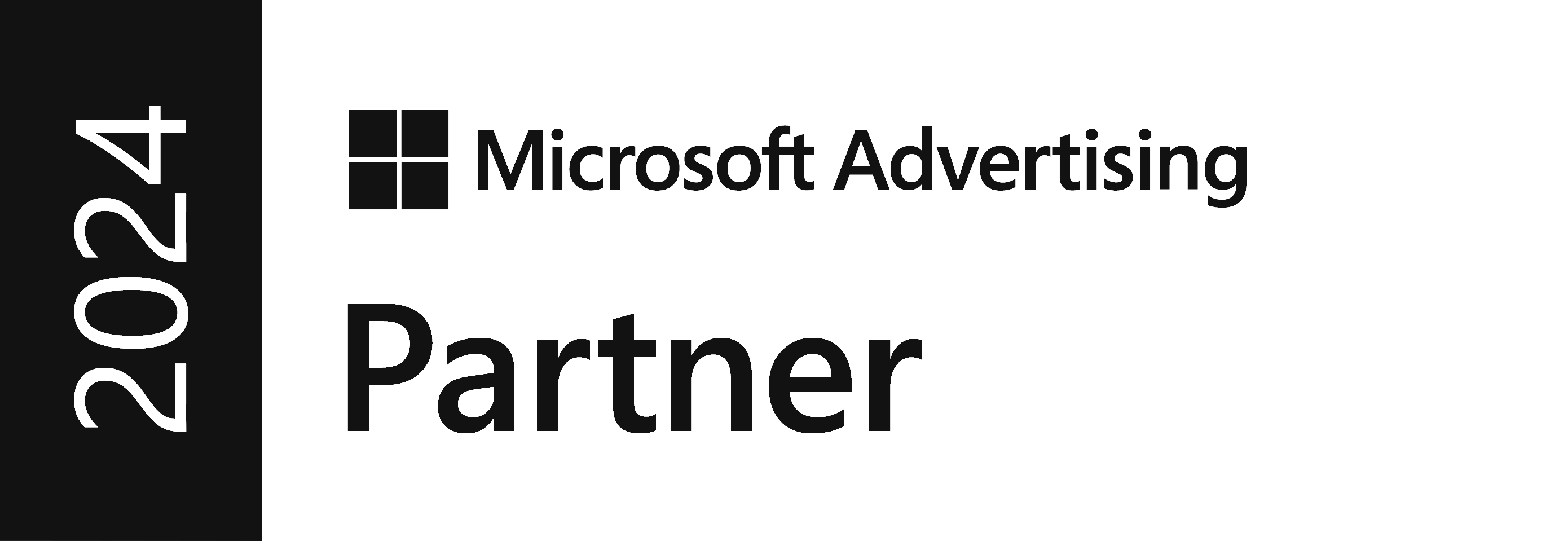Raising awareness of a brand and establishing it as a credible, reliable, and trustworthy source can be critical to its success, especially in the digital space. In this post, we’ll explore how digital PR can help with these aspects and why it should be part of your brand’s SEO strategy.
What is PR?
Public relations (or PR for short) refers to an organisation’s reputation among its audience and how the company is perceived outside of its sphere of influence. An organisation communicates key messages with the public through a variety of channels with the aim of building a favourable reputation and positive sentiment to ultimately increase awareness, leads, and sales.
What is digital PR?
As with traditional PR, there are several core functions of digital PR which typically include brand reputation management, establishing awareness and credibility through thought leadership, and generating online exposure to drive website traffic and online conversions.
It is fair to say that the aims of digital PR are the same as those of traditional PR, it simply refers to differences in the channels used to communicate key messages.
Digital PR vs Traditional PR
As mentioned, the main difference between digital PR and traditional PR is the methods of communication.
Traditional PR focusses on building brand awareness and perception through channels such as newspapers and magazines, television, and radio. By their nature, the brand mentions here are predominantly offline and tend to be more ‘flash in the pan’ one-way conversations between the brand and its audience.
In contrast, digital PR opens an organisation up to a wider range of channels to amplify its key messages. The rise of the internet and the shift in how people are consuming news and information means that there are many more ways that an organisation can get its message across to an audience. Through digital PR an organisation can reach a greater number of publications more quickly than through traditional methods and this often leads to increased readership and more eyes on a brand.
Whereas traditional PR is focussed on offline channels, digital PR would employ channels such as influencer marketing, online news publications, blogs, social media, as well as more niche websites and portals. This often provides an opportunity for the organisation to form a conversation with its audience and engage with them through comments sections on social media and publisher websites.
Furthermore, it is possible to incrementally grow the reach of online publications through cross-channel promotion, typically by promoting content via additional channels, such as email marketing communications.
Online articles also tend to have a longer lifespan and thus far greater longevity compared to offline publications. This means that an organisation or brand can reap the rewards of successful digital PR for weeks, months, and even years.
Digital PR Techniques: Content Creation
Often part of an overarching SEO strategy, one of the most common techniques of digital PR takes the form of high-quality content creation and outreach – a typical framework for this is set out below.
As with most SEO tactics, the purpose of this is to increase the volume of organic traffic by creating content that is optimised to user’s search queries as well as generating contextual backlinks.
When thinking about using digital PR to complement a specific marketing campaign, product, or organisation, it’s important to consider the needs of the business. This sets the objective and helps to make the process a little smoother.
1: Set your goal
This defines your measurement for success. As with other digital channels, a benefit of digital PR is that many of the KPIs that you set can be tracked. By setting your goal, you can determine whether the activity has been a success.
2: Outline your target audience
Once you have set your goal, the next step is to determine who you want to reach with your campaign as this will help to ensure that the message of your content is relevant to them.
3: Content ideation & creation
Next comes the ideation and research stage. Setting your goal and defining your target audience will put you in good stead for this step. The idea here is to ensure that you have a thought-provoking and newsworthy hook to hang your message on. A good tip here is to carve out some time to get together with a few other people to help generate and develop ideas.
4: Identify target media
Once you have settled on the content that you are going to create and are confident that the hook will appeal to journalists and publishers (and your audience), the next step is to create a list of target media to send your idea to. It goes without saying that you’ll need to ensure that there is synergy between your target publications and target audience.
5: Outreach
It is time to start pitching your idea and distributing your content. You may need to be persistent during this stage to generate the coverage and be prepared to be knocked back, but it is important to keep persevering to get the results you desire. During this stage, it’s worth outlining how your content is unique and how it can provide value to the target publication’s audience.
How Digital PR can help your SEO Strategy
1: Building trust and establishing authority
As mentioned, Digital PR is concerned with establishing and maintaining a brand’s presence and reputation online. By employing specific techniques, a brand can drive awareness and positive sentiment through its online activity.
For example, asking customers to leave reviews of products and services on your website can increase trust for a brand – this is true for both users and search engines. Integrating reviews on your website may also be the driver for users to enter the conversion journey.
Off-site, reviews from third parties can also help increase ranking position on search engine result pages as well as increase click-through rate. Research from MOZ.com states that “offsite SEO-related factors like third-party reviews carry more than 50% of the ranking factor weight”.
Furthermore, reaching out to journalists or bloggers to review your products is not only an effective way to build trust among them and your target audience, but is also an outreach strategy to help build relevant backlinks to your site - win/win.
2: Establishing authority through content creation
You may already be familiar with the concept of Google’s E-A-T guidelines. E-A-T stands for expertise, authoritativeness, and trust and it is a signal that search engines use to indicate that a page or website is high quality and useful to users.
In August 2022, Google further cemented its position on ensuring that content that is created for websites is high-quality by rolling out its Helpful Content Update.
By creating and publishing high-quality content that is well-optimised on your website, you will establish your brand as a thought leader and an authority on topics within your niche and increase your visibility on search engine result pages.
3: Improving your backlink profile
Building quality, relevant backlinks to your website should be one of the cornerstones of your SEO strategy. The reason this is the case is that search engines use links as a core ranking signal.
As mentioned, incorporating brand and product reviews from third parties as part of your digital PR strategy can be an effective outreach strategy to build contextual links from established and trustworthy sources.
Additionally, high-quality content that you create for your site can be shared as linkable assets and may also organically attract links from credible sources if it is well-optimised and easily found by users and search engines – as demonstrated above, this is one of the goals of quality content creation. Here is what Google’s John Mueller had to say about digital PR:
"I love some of the things I see from digital pr, it's a shame it often gets bucketed with the spammy kind of link building. It's just as critical as tech SEO, probably more so in many cases."
4: Increasing traffic and sales
By regularly creating quality, shareable, and user-centric content that starts attracting relevant backlinks and greater visibility, it’s likely that you will start to improve your overall position on search engine result pages for target keywords.
When you consider that the top position on these results pages can attract 30% of the total clicks, it is easy to see the value that this has in driving an increase in organic traffic to your website.
What’s more, with the increase in shares of your content comes an increase in awareness of your brand which is likely to have a positive influence on direct traffic to your website and the additional backlinks will also increase referral traffic.
5: Improving social presence
Using social media as part of your digital PR campaigns can be an effective way to increase the awareness of your brand. By employing this technique, you can spark excitement and generate engagement around your key message and, as mentioned, this creates a two-way conversation between a brand and its target audience.
Integrating your digital PR campaign with your social strategy helps you to connect with potential leads and customers as well as influencers within your niche. Potential leads and customers are then likely to talk about this content with their peers while influencers may share this with their audiences.
In addition to the growth in awareness, this has the added benefit of enhancing the trust and sentiment metrics associated with your brand.
In conclusion
Hopefully, this post has demonstrated that by employing digital PR tactics as part of your wider SEO strategy can help support your wider SEO objectives in many ways. When implemented effectively, you will build greater trust and authority within your industry, improve awareness and overall brand perception, and generate more traffic and backlinks, which in turn could lead to an increase in leads and sales.
1st Floor, Alphin Brook House,
Alphin Brook Road,
Exeter EX2 8RG
MORE THAN
Digital
Marketing.
View our sustainability page.
PPC for B2B
PPC for Law Firms
PPC for Luxury Ecommerce Brands
PPC for Travel and Tourism
GEO Audit






